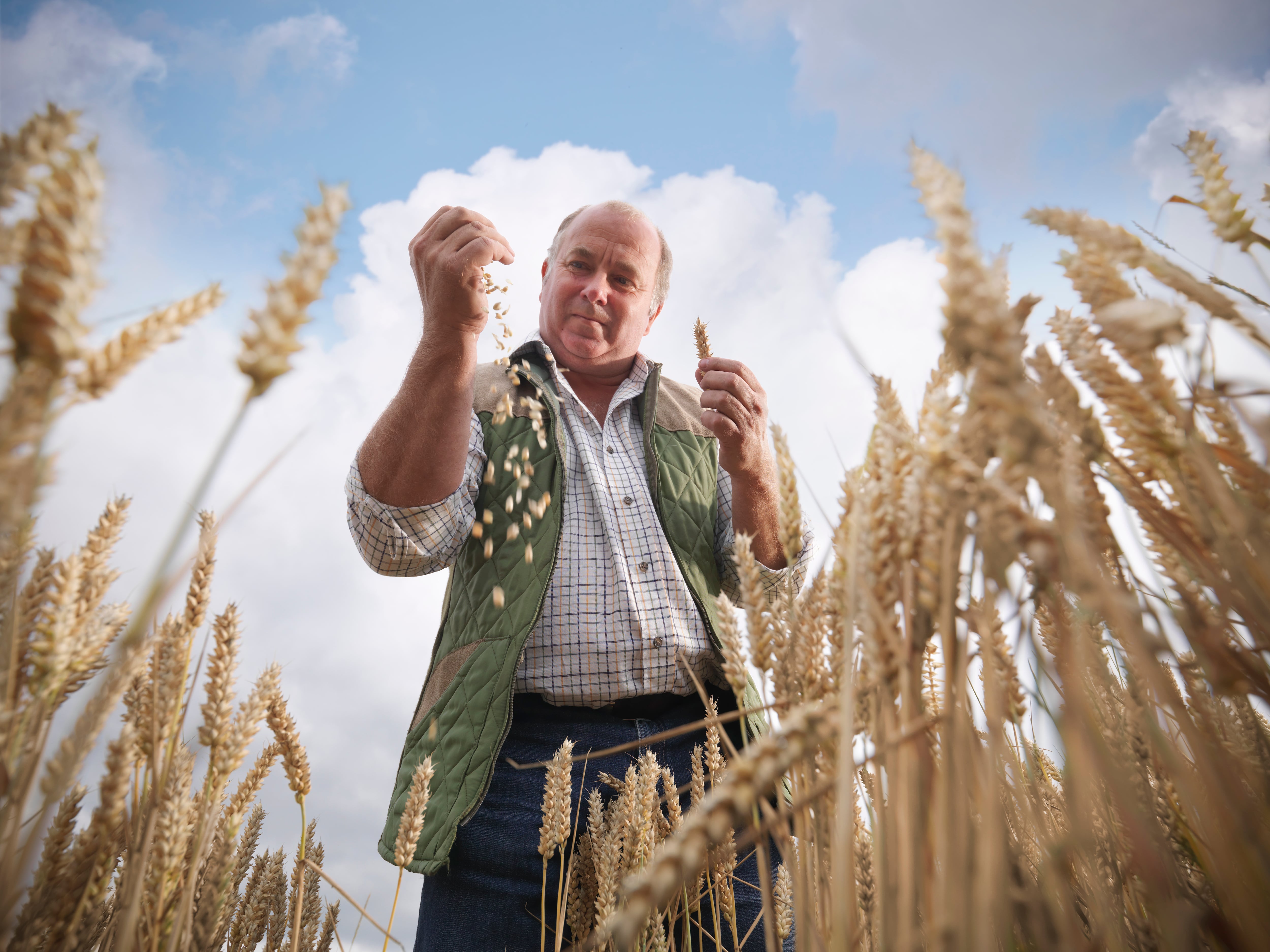The European Union is looking to halt imports of certain produce grown using pesticides currently banned from use here, the FT reports.
Such a ban would help prevent imported goods from undercutting EU farmers.
If it goes ahead, soybeans grown in the US could be one of the first on a potentially longer list of produce and products whose entry into the EU will be prohibited.
The plan, which has been compared to US President Donald Trump’s ‘reciprocal’ trade policy, is mentioned in the EU’s leaked Vision for the Future of Agriculture document.
It reads: “The Commission will pursue, in line with international rules, a stronger alignment of production standards applied to imported products, notably on pesticides and animal welfare.”
Historically, the Commission has opposed calls from Member States, such as France, to impose ‘reciprocal’ trade policies, arguing it could breach rules set out by the World Trade Organisation (WTO). Restrictions are only allowed on scientific grounds.
John Clarke, former director of international relations at the EU Commission, says on his newsletter that these “mirror clauses” are prohibited under the rules of the WTO as they can potentially lead to protectionism.
He points out that different pesticides are needed in different locations, as for example tropical locations have different pests to European ones.
However, one EU official cited by the FT emphasised that the ban would only cover the most hazardous pesticides, and would not be a blanket ban.
President Trump has since responded, saying “That’s all right. I don’t mind. Let them do it. Let them do it. They’re just hurting themselves if they do that. I can’t imagine it, but it doesn’t matter.”


